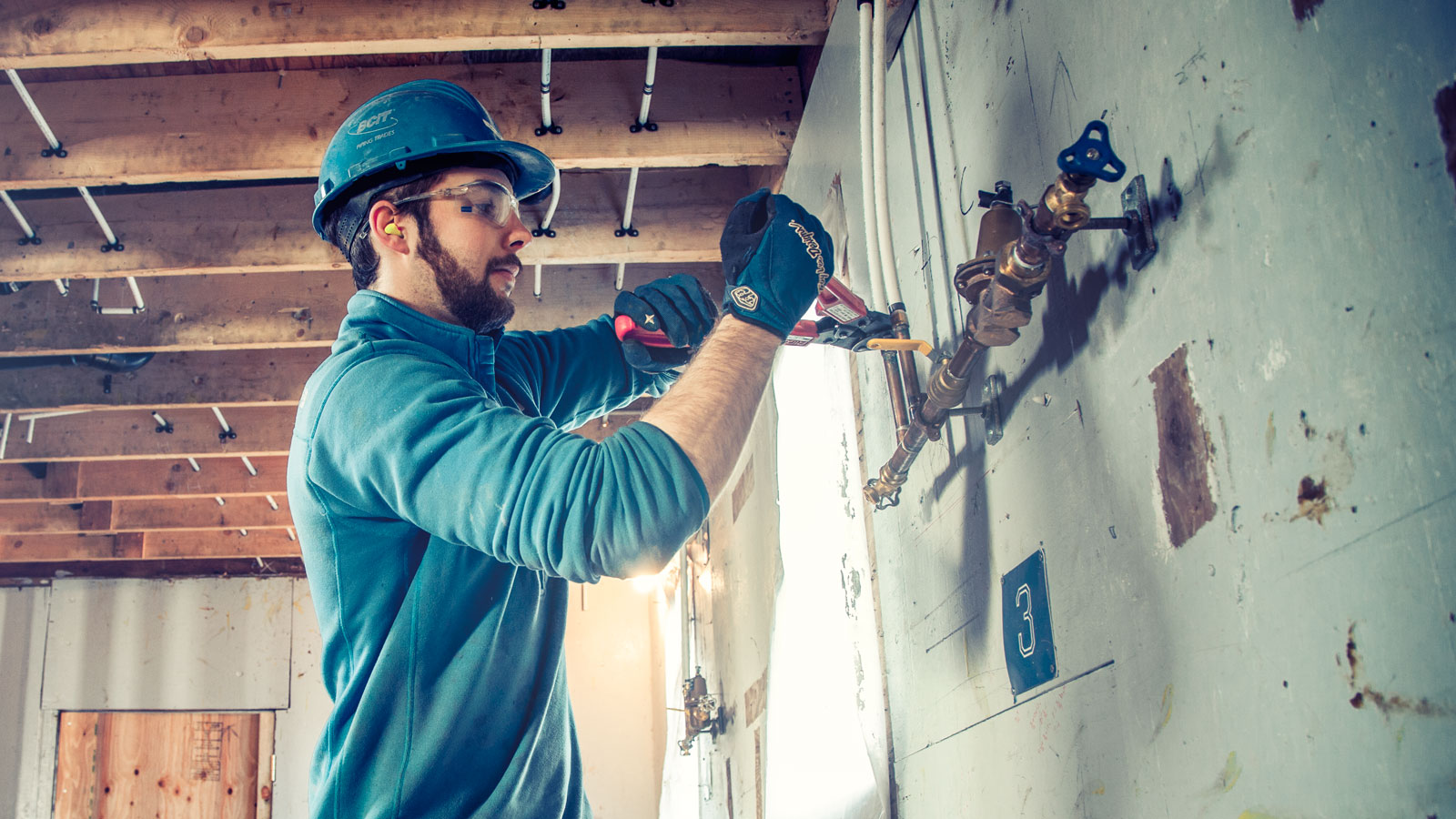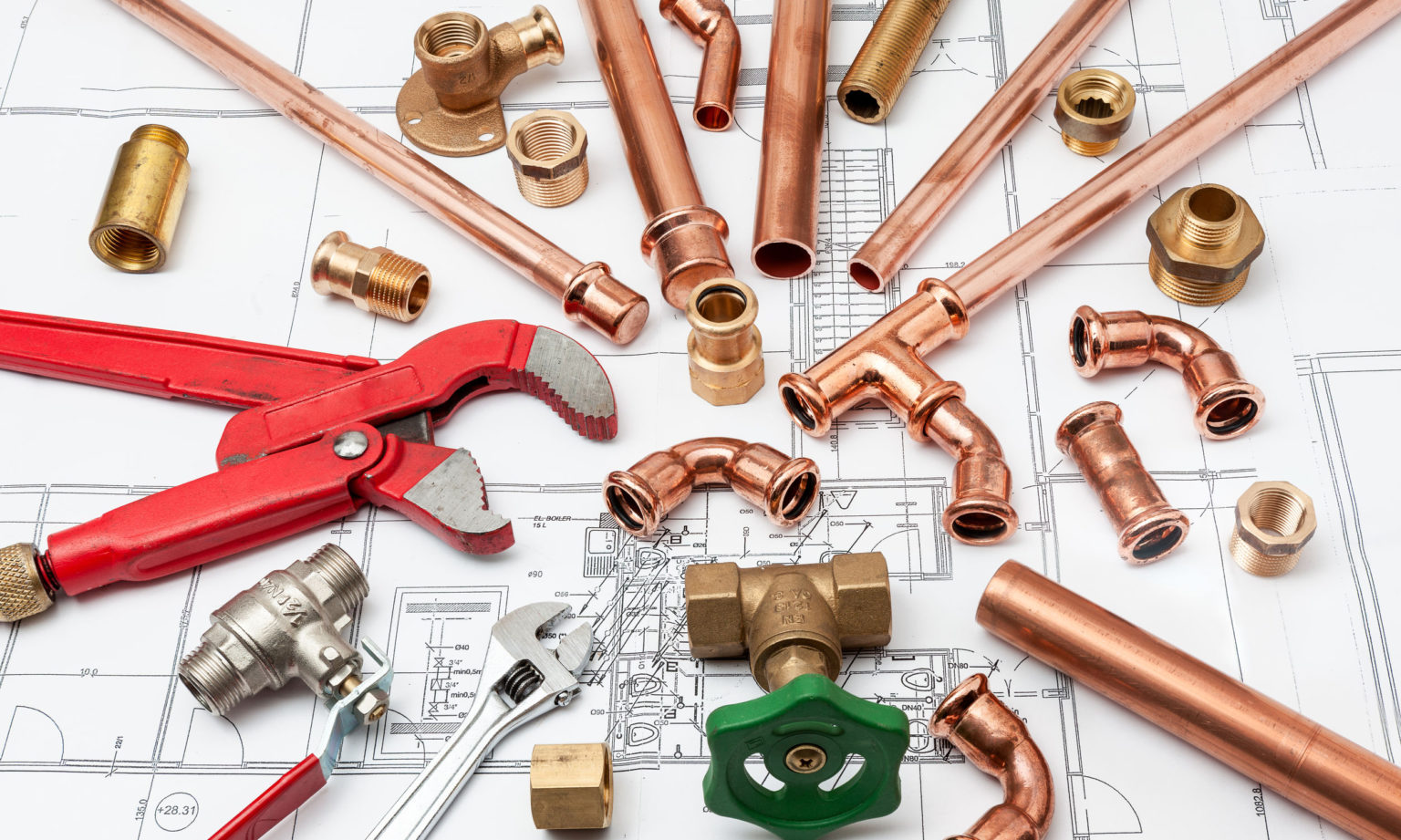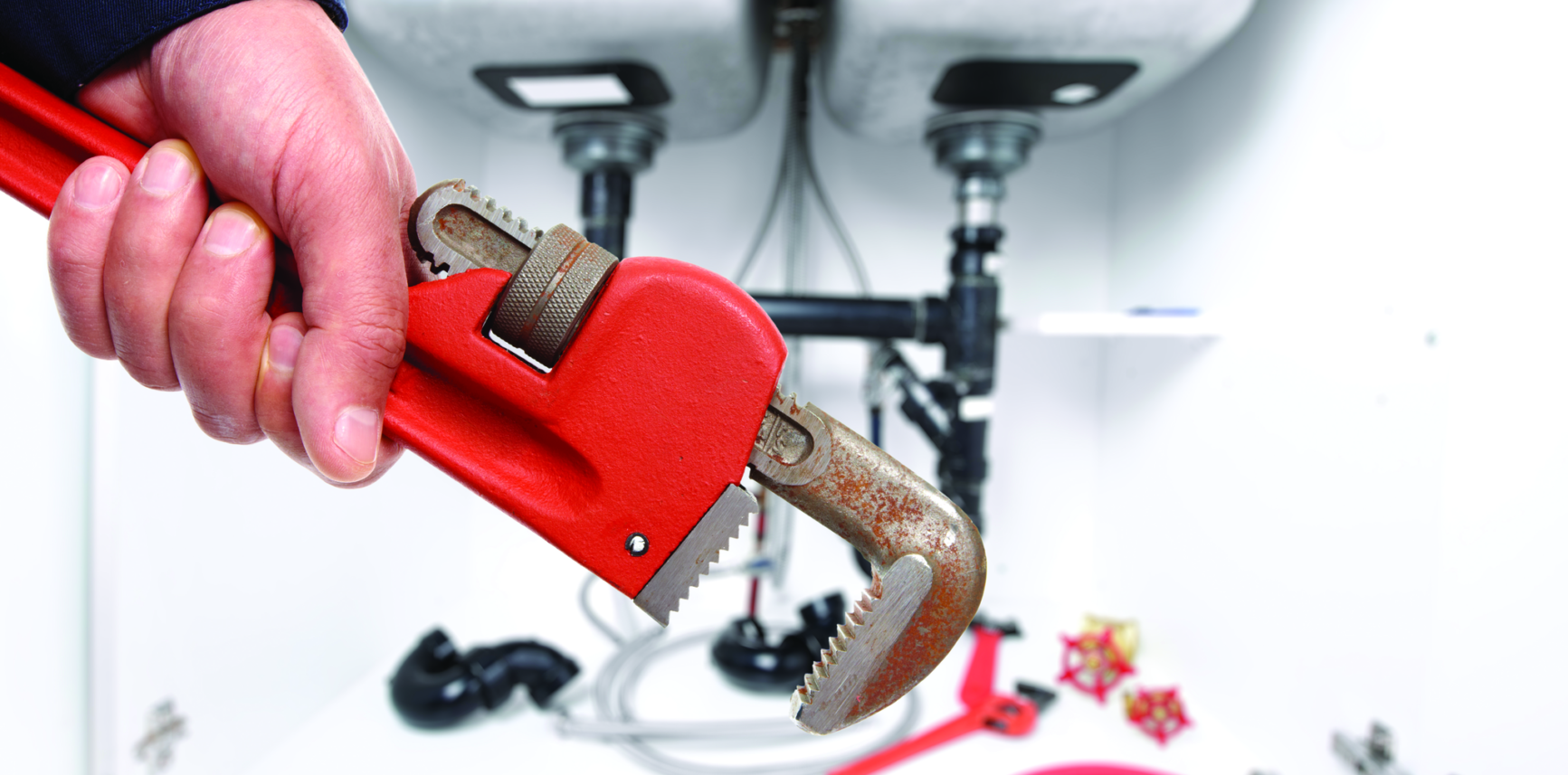Getting a CA plumbing license is not only a good idea, but it is also necessary to follow California law. There are several things that you will need to do in order to get your license, including paying the cost to get it, working with an apprentice, and getting worker's compensation and contractor's liability insurance. If you have any questions, you can always contact the California Department of Consumer Affairs to learn more.
Licenses are required by law
Obtaining a license for CA plumbing is a very important step in becoming a professional plumber. Generally, each state has different licensing requirements. Some require general contractors and others have more specific requirements. In addition to the license, insurance is also required. Insurance helps to cover damages to property and legal fees if you are found liable for damages to others.
The licensing process is a formal process that can take several weeks. The first step is to file a written application with the commission. The application includes information about the applicant's qualifications. The commission then reviews the application to determine whether the applicant is qualified for a license. Applicants who are qualified are then invited for an interview. During the interview, the Board interviews applicants to determine if they are qualified to hold a license.
Worker's compensation insurance
Having workers' compensation insurance for plumbing contractors provides legal protection when an employee is injured on the job. Workers' compensation insurance pays for the medical costs of an injured worker, as well as lost wages. Often, employers' liability insurance is included in workers' compensation coverage.
Workers' compensation insurance rates vary significantly depending on the state in which a plumbing contractor is doing business. The state rating bureau publishes rates that are used as a benchmark. In some states, insurance carriers are required to use the rate set by the state rating agency. However, in most states, insurers are allowed to use business history and employee claims history to adjust premiums.
Plumbing contractors may also consider adding medical deductibles to their policy to control their cost. Most states allow for optional medical deductibles, and these can help encourage employers to take a more safety conscious approach to their business.
Contractor's liability insurance
Whether you're a residential or commercial plumber, you need contractor's liability insurance to protect your business from financial losses. Having this type of insurance will give you peace of mind and cover costs associated with legal fees. It can also pay for damages to third parties' property or medical bills of injured third parties.
For example, if a customer's kitchen was flooded due to a leaky pipe, you may be legally liable for the damage. This type of insurance will also protect you from legal fees and penalties for failing to deliver service on time.
You're also at risk of accidents while on job sites or while transporting tools and materials. You may need commercial auto insurance to cover these costs.
Apprenticeship programs
Whether you're a plumber, electrician, or a contractor per se, the requisite paperwork and a couple of well honed tools of the trade can mean the difference between a job and a job well done. With that in mind, it's no wonder that there is a deluge of aspiring apprentices. Luckily, they can now put their toes in the sand with a small upfront investment. A small price to pay for a career that will last a lifetime.
The best place to start is with a well informed employer. A contractor with the foresight to properly train a team of apprentices may be rewarded with a competitive edge in the form of higher pay and better benefits. On the flipside, a slew of unscrupulous contractors sabotaging your business may not be the best of friends.
Cost to get a license
Obtaining a California plumbing license is necessary to perform plumbing work in the state. In order to obtain a license, you must fulfill certain requirements and pass two exams. Depending on your educational background, you may be required to provide professional references. You may also be required to have several years of experience as an apprentice before you can become a licensed plumbing contractor.
The California Contractors State License Board (CSLB) is the governing body for all contractors in the state. Its job is to make sure that plumbing contractors are registered and qualified.
License renewal is required every two years. You must file a renewal application with the CSLB. The application fee is $450. Applicants are required to provide proof of Workers' Compensation Insurance Exemption with the registrar. Applicants must also submit a surety bond.








